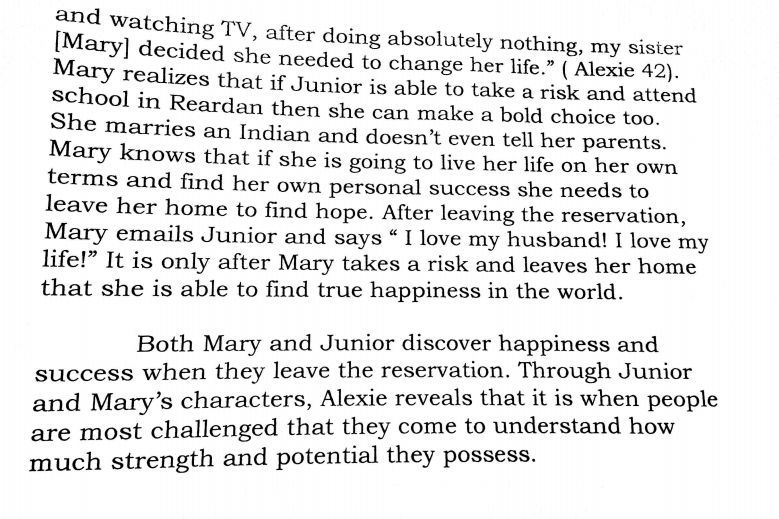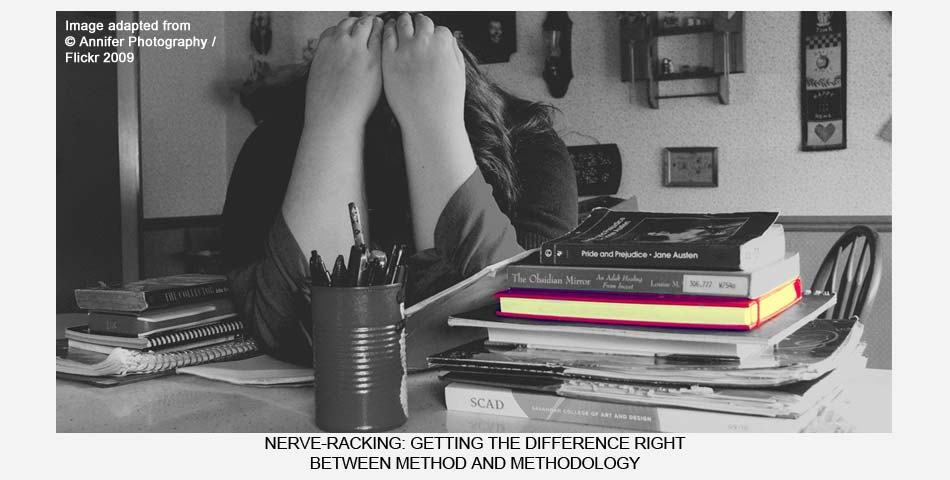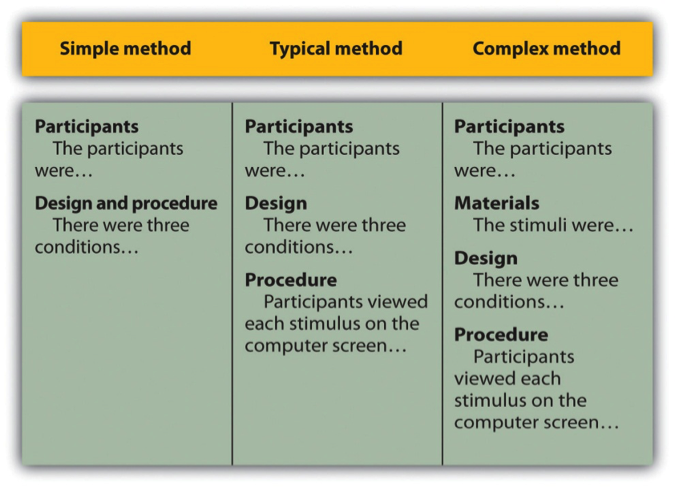Kantian Approach To Morality Philosophy Essay.
Kant and Morality Essay 595 Words 3 Pages Kant had a different ethical system which was based on reason. According to Kant reason was the fundamental authority in determining morality.
Kant: Morality and Kant Essay. Philosophical Morality Kant’s philosophical adventure to establish the supreme principle of morality has definitely got me thinking. Before reading Grounding, the words “moral” and “good will” were thrown around, not completely understanding the exact definitions.

Kant says in his work Morality and Rationality “The good will is not good because of what it affects or accomplishes or because of it’s adequacy to achieve someproposed end; it is good only because of it’s willing, i.e., it is good of itself”. A maxim is the generalized rule that characterizes the motives for a person’s actions.

One of the most famous approaches to morality is that of Immanuel Kant in his writing Groundwork of Metaphysics of Morals. Kant in this work argues that the reason for doing a particular action or the drive to do good things is a fundamental basis of defining moral quality in a person.

The main proponent of this ethical framework was the German philosopher Immanuel Kant (1724-1804). It judges morality by examining the nature of actions and the will of agents rather than goals achieved. (Roughly, a deontological theory looks at inputs rather than outcomes.).

Kant and Deontological Theory Essay 1226 Words 5 Pages Kant and Deontological Theory Immanuel Kant was a moral philosopher. His theory, better known as deontological theory, holds that intent, reason, rationality, and good will are motivating factors in the ethical decision making process.

Criticism of Kant’s theory The issue of what makes an act moral is what makes an act moral. It states that not every universal maxim is a moral maxim. Researchers have countered this and claim that it could be trivial or moral. Kant fails to tell us how we can differentiate a moral duty from bad imperatives.

The categorical imperative is a fundamental principle of Kant’s theory related to the individual moral ethics. For Kant, it is the absolute rule which cannot be overridden by other moral considerations. Therefore, according to Kant, morality has to be a basis of the categorical imperative.

Kant’s theory looks at the rightness or wrongness of these actions and relates them on not depending on such consequences but on whether they fulfill our duty or not. The Categorical Imperative in relation to Kant is that he believed that there was an utmost norm of morality and that the categorical imperative determines our moral duties.

According to Kant, morality should be premised on reason. The philosopher argues that for an act to be considered ethical, the act in question has to be perfectly rational. Moreover, Kant also posits that the most rational behavior is typically the most ethical one.

Kant argues against the skepticism of the eighteenth century, that scientific and moral laws can not be discovered. Failure in doing so results from the fault in procedure that is being followed i.e., using empirical data as the source of knowledge. Reason not empirical evidence can lead us in knowing both scientific and moral laws.

In fact, Kant believed that reason was the underlying control of moral reasoning and laws and that only rational human beings can make moral decisions and choices. (Hachee) That is, ethics and morality derive from empirics to such a degree that morality can never go beyond rational thought.

John Mill’s Utilitarianism and Immanuel Kant’s Fundamental Principle of the Metaphysic of Morality present the two philosopher’s divergent views on the field of moral philosophy. Mill’s Utilitarianism is a more refined ethical theory compared to Kant’s breakdown of the metaphysics and its use in proving what is right and what is wrong.



